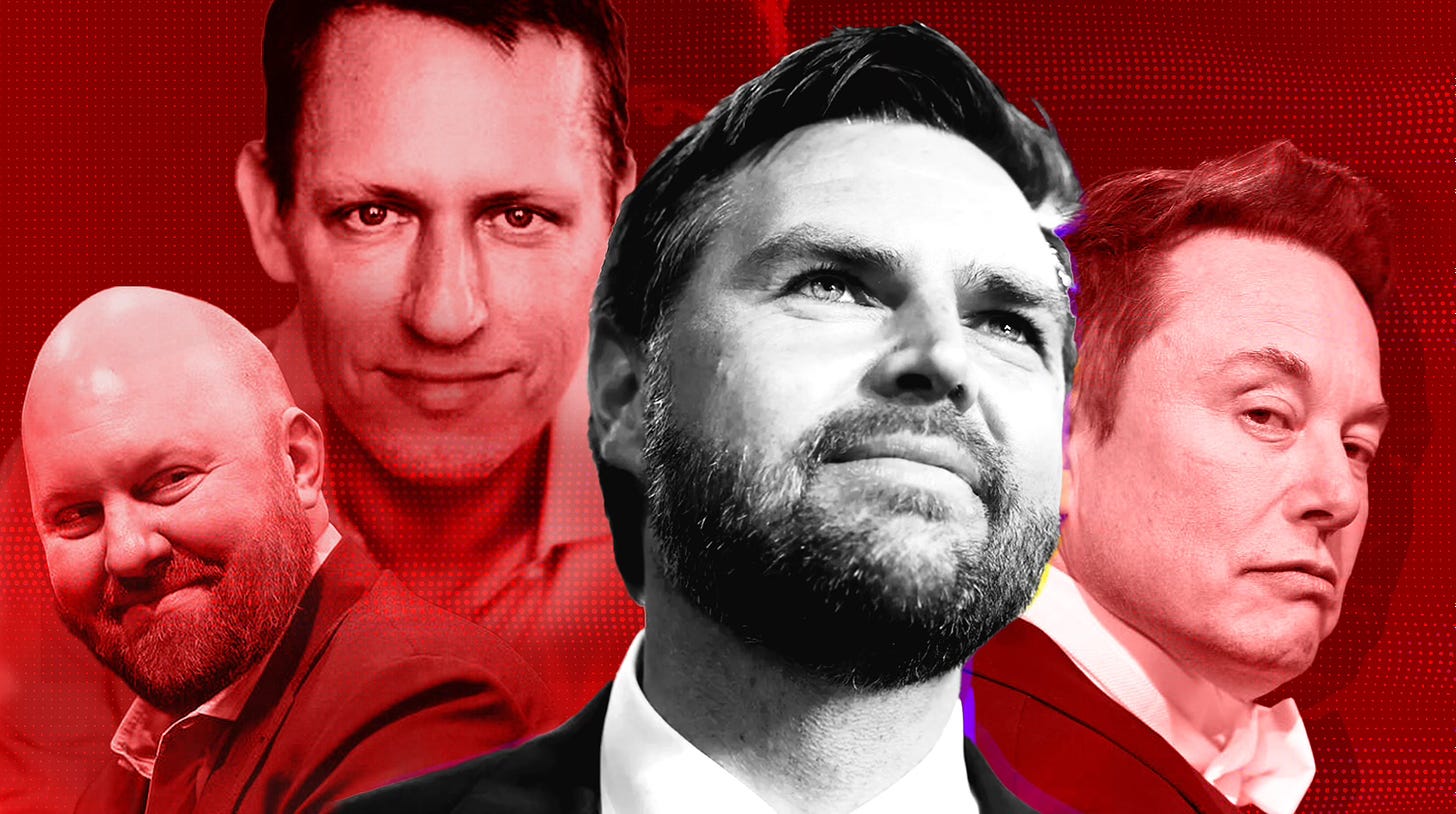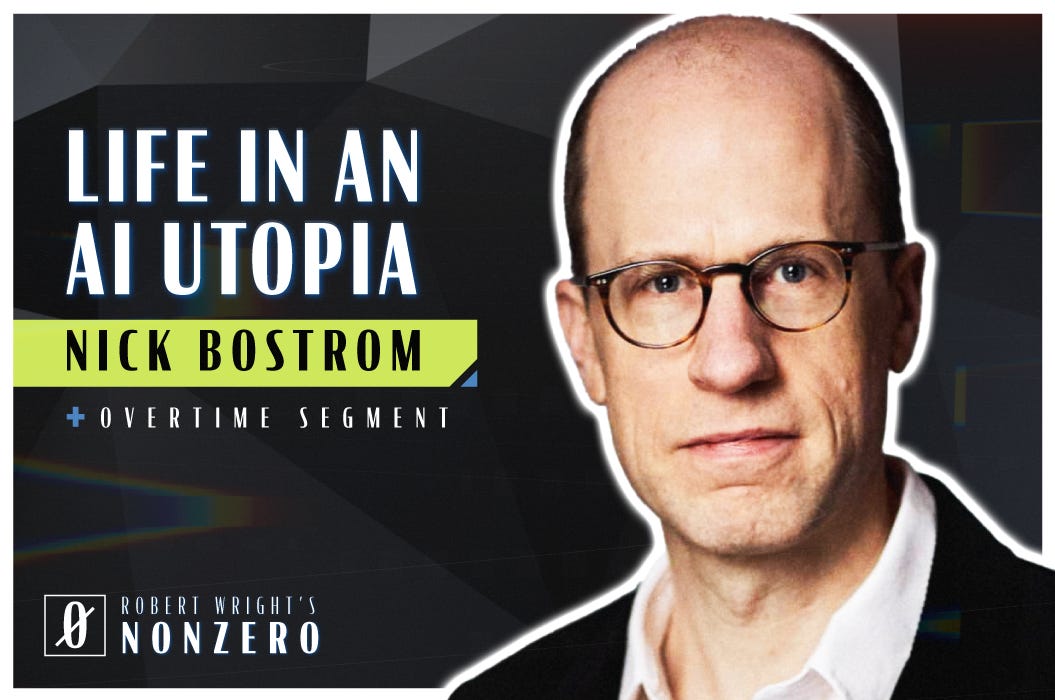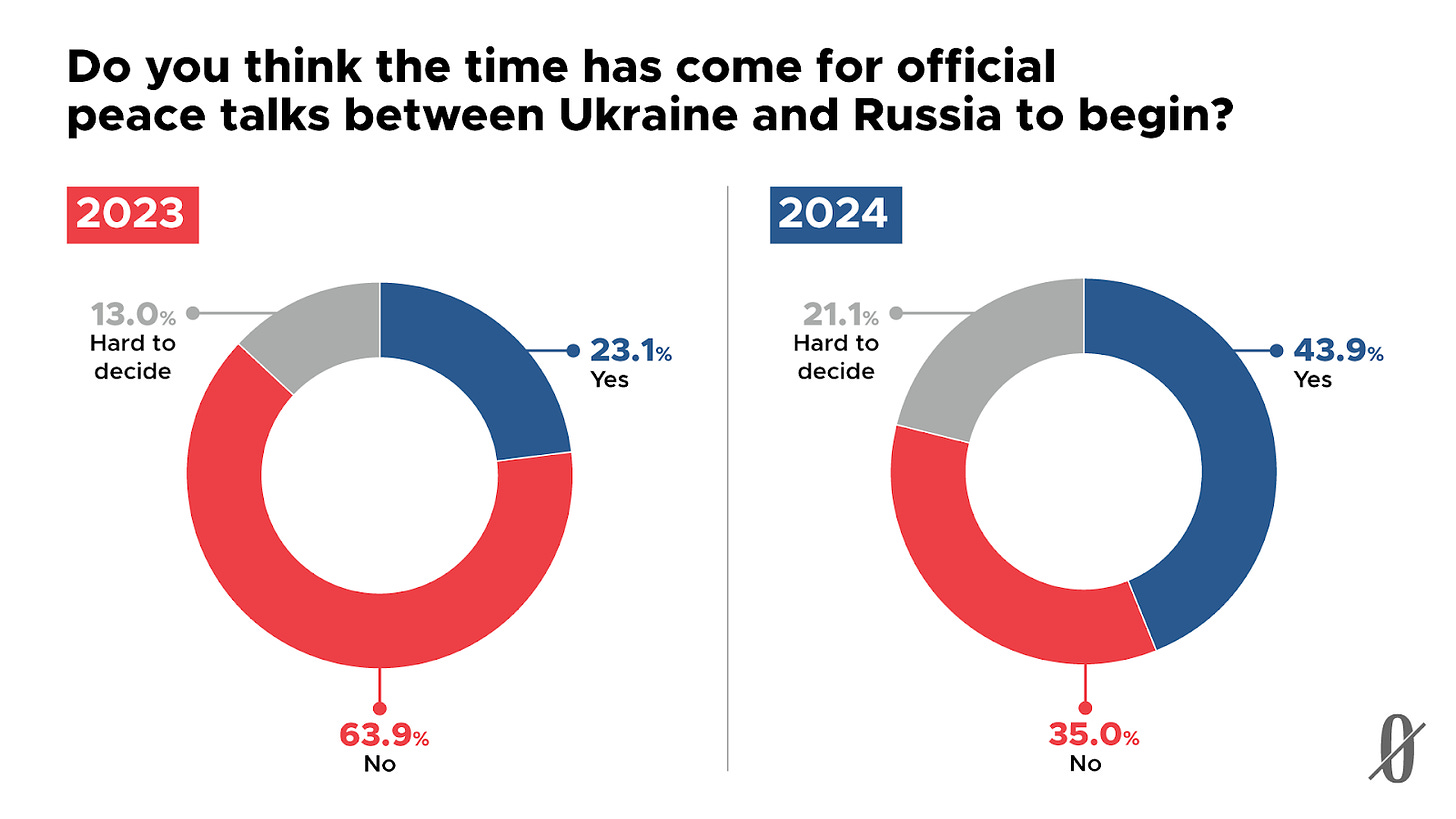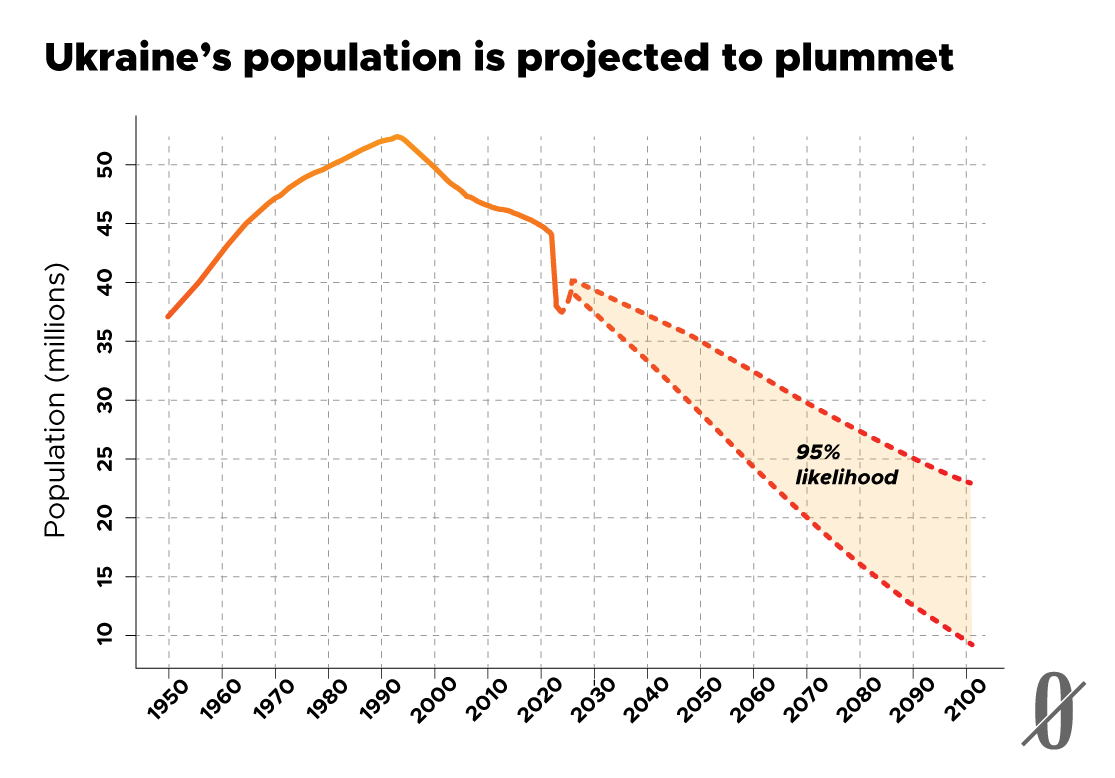J.D. Vance, the Tech Oligarchs’ Populist
Plus: Ukraine wants peace talks, Menendez’s comeuppance, CrowdStrike’s lesson, Taylor Lorenz busts “BlueAnon”, AI versus Alzheimer’s, Nick Bostrom early access, and more!
As newly crowned Trump running mate J.D. Vance gets a new level of scrutiny, some paradoxes within his policy positions are coming into view. For example:
(1) Vance, notes Cecilia Kang of the New York Times, is both a passionate proponent of “reining in Big Tech” and a “strong skeptic of regulating artificial intelligence.”
(2) Vance says the laissez faire policies on AI that he favors will help America prevail in competition with China, yet one of them is already accelerating AI development in China. He supports the unrestricted development of “open source” AI models, whose internal calibrations can be copied by anyone—and China is doing a lot of copying. In March, the Beijing Academy of Artificial Intelligence said that most of China’s homegrown models are based on Meta’s open source large language model, Llama. By harvesting the fruits of Llama’s compute-intensive training, China can better cope with US-imposed restrictions on its access to advanced microchips.
But these paradoxes start to make a certain kind of sense when viewed in light of a better known paradox about Vance: He is a populist who rails against coastal elites, but, after overcoming an impoverished midwestern childhood, he graduated from Yale Law School and got into the tech world, and he now counts super-wealthy California capitalists among his close allies and backers. A look at the capitalists in question helps explain his otherwise puzzling combination of views on tech regulation.
Vance’s Silicon Valley connection dates back to 2011, when the future senator saw Peter Thiel deliver a talk at Yale about the emptiness of elite hustle culture. Vance would go on to work for Thiel in San Francisco, and the billionaire later helped bankroll Narya, Vance’s short-lived venture capital fund.
Thiel has since made significant investments in open source AI companies. Elon Musk, another Vance backer, led the creation of open source chatbot Grok. This week Musk said he will give $45 million per month to a pro-Trump super PAC. Venture capitalist Marc Andreessen, among the most prominent and passionate champions of open source AI, is another tech luminary who has given money to Vance and now supports the Trump campaign.
These conservative-leaning Silicon Valley titans may have played a role in Vance’s most recent political ascent, according to the New York Times. Last month, when Republican VC and All-In podcast co-host David Sacks held a fundraiser for Trump at his San Francisco mansion, some attendees urged the former president to choose Vance as his running mate, the Times reports.
So will Vance have to abandon his pledge to rein in big tech if he’s going to retain the favor of these laissez-faire loving tech potentates? Not necessarily.
There’s a divide in Silicon Valley over AI policy between the older big tech companies, like Microsoft and Google, and many of the venture capitalists who back AI startups. The leaders of Microsoft and Google, as well as OpenAI, say that AI regulation is needed, given the unpredictable power of coming models. Venture capitalists like Andreessen say these incumbents just want to use regulations to lock in their current advantage in AI.
Vance agrees with the venture capitalists. But he can oppose these AI-related regulations on big tech while still supporting other regulations. He can also support antitrust action that makes big tech less big—and he has, even going so far as to praise Biden’s aggressive antitrust enforcer, FTC head Lina Khan. Vance’s startup-friendly trio of big backers presumably wouldn’t mind cutting Microsoft and Google down to size.
Another thing Vance shares with all these backers is an anti-woke ideology, and that figures into some of his positions on AI. He says big tech imbues its large language models with woke values. Exhibit A came a few months ago, when a new version of Google’s Gemini depicted Vikings and America’s founding fathers as black (until Google, amid the ensuing uproar, took that model offline for re-education). Letting open source models proliferate—and be customized by the woke and unwoke alike—is “the answer” to this problem of big-tech wokeness, Vance says.
But if that helps explain Vance’s position on open source AI, the China paradox remains unresolved—for him and for some of his tech buddies. Marc Andreessen exploits (and amplifies) fear of China to justify a laissez faire approach to AI generally, but when the subject turns to open source, he glosses over the fact that it helps China. The closest he typically comes to addressing the issue is to rhapsodize about how openness is the American way, not the Chinese way—without noting that Beijing loves this particular manifestation of openness.
Next week Meta is expected to release the most powerful version of Llama ever, possibly on par with OpenAI’s GPT-4 (though unlikely to equal OpenAI’s recently unveiled iteration, GPT-4o). Some AI safety experts think the government should prohibit Meta from making this model open source, since open source AI is relatively easy for bad actors to put to bad use. And even more safety experts think the government should impose that restriction on the next generation of Llama.
But if Trump wins in November, that’s unlikely to happen. The GOP platform calls for the repeal of even the Biden administration’s pretty toothless executive order on AI. And Trump’s messaging on AI is unambiguous: full speed ahead.
This represents a change of heart. In February, in what may have been his first public pronouncement on AI, Trump called it “the most dangerous thing out there of anything… It is so scary.” But since getting the firm backing of Vance’s several Silicon Valley friends, he’s added an addendum. Marc Andreessen’s business partner, Ben Horowitz, recounts that at a recent dinner, “What he said to us is, ‘AI is very scary, but we absolutely have to win. Because if we don’t win then China wins, and that’s a very bad world.’”
Philosopher Nick Bostrom’s reputation as a prophet of AI doom isn’t, strictly speaking, deserved. His famous 2014 book “Superintelligence” didn’t confidently predict doom for our species; it just laid out a series of possible AI futures (some of which, to be sure, culminated in utter annihilation). But the book did inspire a lot of doomsaying. It was widely read in Silicon Valley, and it got lots of people there (including Sam Altman and Elon Musk) to take the idea of awesomely and ominously intelligent machines more seriously.
Now Bostrom has written a very different kind of book—“Deep Utopia”—and he discusses it in a new edition of the Nonzero Podcast. The book is about the possibility that AI will work out wonderfully—and about the irony that this utopian outcome could pose deep new challenges of its own. The episode doesn’t go public until next week, but NZN members have early access to it—and will have exclusive access to the Overtime segment after the podcast goes public. If you’re not an NZN member, there’s a way to change that.
Four Russia-Ukraine updates:
A plurality of Ukrainians—44 percent—say it’s time for peace talks with Russia, according to a poll from the Razumkov Center, a Ukrainian think tank. Thirty-five percent of respondents disagreed, while 21 percent were undecided. That marks a significant shift since last year, when the center found that 64 percent of respondents opposed direct negotiations and only 23 percent favored them.
A fierce Russia hawk is set to become the European Union’s next foreign policy chief. This week, Kaja Kallas resigned as Estonia’s prime minister to prepare for her new job, which she’ll start later this year. Kallas has said that it wouldn’t be a “bad thing” if Russia, after losing the Ukraine war, disintegrated into smaller nations—a development that, if history is any guide, could result in raging inter-ethnic wars and massive death and suffering. Some argued that her comment was dangerously provocative.
Ukraine’s population could plummet to 15.3 million by 2100, compared to around 37 million today and 44 million prior to Putin’s full-scale invasion, according to projections from the United Nations. Even before Russia’s invasion produced mass casualties and an exodus of Ukrainians, Ukraine’s population—which was around 52 million in 1991, when the country gained independence—was in decline. (And there’s a sense in which the UN projections may be misleadingly high. As some observers have noted, the UN’s data includes people living in Crimea and the eastern Donbass, areas that Ukraine’s government has failed to wrest back from Russia.)
Ukrainian President Volodymyr Zelensky said Monday that Russia “should be present” at a peace summit scheduled for November. It’s the first time since early 2022 that Zelensky has opened the door to negotiating directly with Russia even if Moscow doesn’t first withdraw its forces from all of Ukraine (including Crimea). So far, Moscow’s response has been cautious. “The first peace summit was not a peace summit at all,” said a Kremlin spokesperson, referring to a recent summit that Russia wasn’t invited to. “So perhaps it is necessary to first understand what he means.” Zelensky’s expression of openness to direct talks confirms an earlier report (noted in last week’s NZN) that cited unnamed Ukrainian officials.
Washington Post columnist Taylor Lorenz, casting a critical gaze on her own political tribe, reports that Democrats are increasingly spreading pro-Biden and anti-Trump conspiracy theories, some of which rival the fantastical content produced by the QAnon crowd.
Shortly after Trump survived Saturday’s assassination attempt, liberals on social media claimed that the shooting was “#staged” by the Trump campaign, Lorenz writes. Some alleged that the blood on the former president’s face came from a “theatrical gel pack.”
And conspiratorial thinking wasn’t limited to fringe accounts. In an email to journalists Saturday night, prominent Democratic strategist and donor Dmitri Mehlhorn highlighted the possibility that “TRUMP AND PUTIN STAGED THIS ON PURPOSE.” Mehlhorn later apologized.
Blue-tribe conspiracy theorists were at work even before the assassination attempt, Lorenz writes. After Biden’s cataclysmically poor debate performance, some supporters of the president had a ready explanation: Conspirators had him drugged before the debate.
Lorenz’s critical coverage of conservatives has often provoked the right’s ire, and she deserves credit for now applying such scrutiny to liberals. But her article also illustrates how hard it is to be sure that someone has wholly escaped tribal bias. After all, there are tribes within tribes. While Lorenz is a liberal, she’s also a critic of Biden who has highlighted his alleged failures on global warming, Covid, and other issues. And anti-Biden progressives, not pro-Biden liberals, may be the tribe she was most closely identifying with in this case.
NZN readers, you tell us: Does Lorenz deserve a pat on the back for this seeming transcendence of tribal psychology? If not, can you point to examples of more genuine transcendence in today’s political environment?










